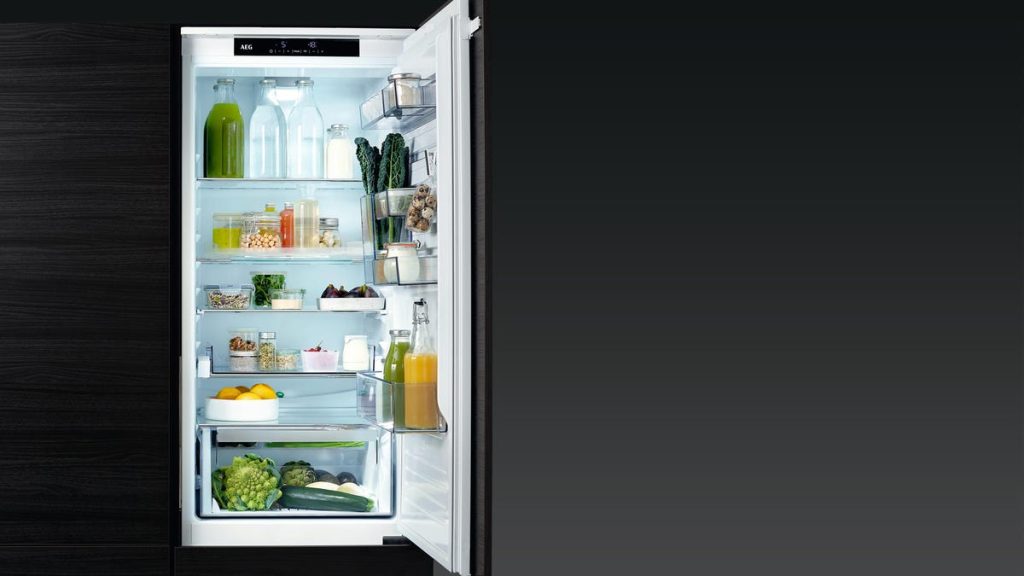Natural disasters like hurricanes can often result in power outages, leaving millions without electricity and risking the spoilage of refrigerated food. To prevent losing all the food in your fridge, it is essential to take some pre-emptive steps to ensure that your perishables stay fresh. This includes having appliance thermometers, a cooler with frozen gel packs, and dry ice or block ice on hand to maintain the cold temperature in your fridge and freezer during an outage. By preparing in advance, you can mitigate the potential loss of food in the event of a power outage.
When facing a power outage, the key is to keep your refrigerator and freezer doors closed to retain the cold air inside and prolong the freshness of your food. The CDC recommends keeping the fridge closed for up to four hours, the full freezer for 48 hours, and the half-full freezer for 24 hours to prevent spoilage. If the power outage continues beyond the recommended timeframe, it may be necessary to start transferring perishable food to a cooler or utilize dry ice to maintain the cold temperature. Separating food into two categories – those that need to be kept cold and those that are safe at room temperature – can help organize the preservation process.
Some foods, such as butter, peanut butter, and certain fruits and vegetables, do not require refrigeration and can be kept at room temperature for a limited time. However, dairy products, meats, eggs, and leftovers must be kept cold to prevent bacterial growth and spoilage. In the absence of a functioning refrigerator, using a cooler with ice packs can help maintain the cold temperature needed to preserve perishable foods. Layering frozen food with items from the fridge and topping it with another layer of frozen items can help create a consistent cooling environment inside the cooler. Keeping a close eye on the temperature and ensuring proper insulation can prolong the freshness of your food until the power is restored.
If ice packs or a cooler are not available, utilizing the freezer as a makeshift cooler can also help keep food fresh during a power outage. Placing ice in bowls around the food inside the freezer and keeping the door closed can prevent the food from spoiling. It is essential to monitor the temperature of the freezer and discard any food that shows signs of spoilage, such as unusual odors or textures. Following food safety guidelines and taking steps to preserve perishable items can help minimize food waste and ensure the safety of your stored food during emergencies.
During a natural disaster, such as a hurricane, being prepared for power outages and potential food spoilage is crucial. By following the recommendations of organizations like the CDC and having essential items on hand, such as thermometers, coolers, and ice packs, you can protect your perishable food and prevent loss during extended power outages. Planning ahead, organizing your food storage, and monitoring the temperature can help you navigate challenging situations and maintain the freshness of your food until normalcy is restored. In times of crisis, taking proactive steps to preserve food can alleviate some of the stress and uncertainty associated with natural disasters.


